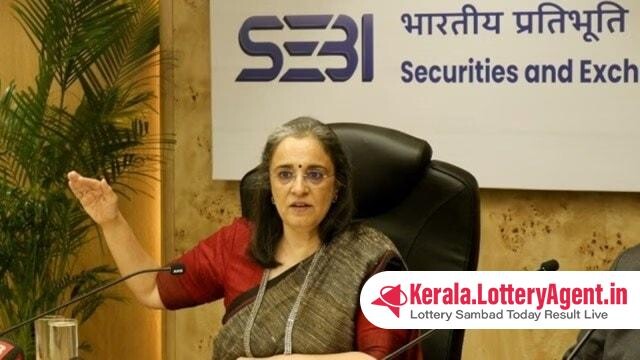
In a strategic move aiming to address anomalies in the stock market, the Indian Markets regulator, the Securities and Exchange Board of India (SEBI), on Friday put forth proposals intended to establish a framework for determining the fair price of shares for listed investment companies (ICs) and listed investment holding companies (IHCs). Specifically, this concerns those entities whose share market price displays a substantial discrepancy when compared to their book value.
Listed ICs are characterized by their revenue, which is chiefly derived from interests earned and the capital gains accrued from making investments. These earnings exclude any rental income, as that falls under the category of diversified commercial services. IHCs, on the other hand, are recognized as holding companies with a majority stake, amounting to 51% or more, in another company.
The outlined draft norms by SEBI advocate for the inauguration of a unique call-auction system that operates devoid of price bands for those listed ICs and IHCs whose shares suffer from marked undervaluation relative to their book value.
To implement this, stock exchanges have been directed to cooperate, creating a congruent platform to facilitate this proposed call-auction mechanism for the shares of the affected companies. The rationale behind this recommendation roots in the current scenario where the shares of some listed ICs and IHCs are sparingly traded, yet the trading price is in stark contrast to and considerably lower than the book value as revealed in the entities’ last audited financial statements.
The predicament of insufficient price discovery for these companies emerges as a significant concern. SEBI’s initiative strives to correct this by implementing the special call-auction trading session, which is expected to encourage greater market participation and help realign share prices with actual book values, ensuring fair valuation and improved transparency.
Historically, price bands have served as a crucial risk management and surveillance tool within the stock markets. They help maintain orderly trading, facilitate accurate price discovery, and uphold market integrity. However, the peculiar case of ICs and IHCs calls for a distinctive approach, considering the current price band mechanism may not be sufficient.
SEBI’s draft norms also lay out explicit criteria for identifying which ICs and IHCs are eligible for the special call auction. To qualify, the scrip should have been listed and available for trading for a minimum of one year, and the company should consistently meet all Listing Obligation and Disclosure Requirement (LODR) Regulations, specifically presenting audited financial results. Moreover, the composition of a company’s total assets should be such that at least 50% is invested in shares of other listed companies, and the six-month volume-weighted average price (VWAP) of the security is less than half of the company’s book value.
Once a company is earmarked as eligible, stock exchanges are instructed to begin the process for arranging a special call-auction without a price band for shares of that company. To maintain transparency and market preparedness, a notice period of 7 days is to be given before conducting such an auction.
This comprehensive proposal, which seeks public response by May 10, 2024, has the potential to refine the mechanics of share pricing for investment entities, thus positively influencing investor trust and market health. The comments and suggestions handed in by stakeholders will be crucial in finalizing the framework that could pave the way for a more robust and equitable trading environment. With stakeholder engagement and meticulous planning, SEBI’s new mechanism has the potential to greatly enhance the accuracy of price discovery for ICs and IHCs, delivering a fair market for all parties involved.












